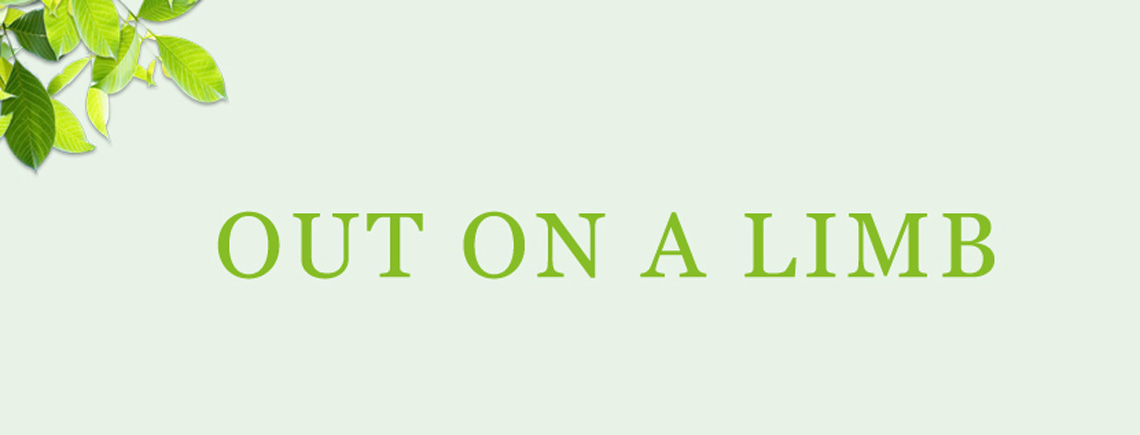Patience
I recently started a new needlework pattern. It is the largest pattern I have ever attempted and before it is done, I expect to have precisely placed some 18,975 stitches—37,950 if you count both sides of the cross stitch. Obviously, it will take some time to finish. I estimate about a year’s worth of my spare time.
My little great-niece, who lives in the other half of my house, bops into my apartment half a dozen times a day and always demands to see the emerging image. “Are you done yet?” she asks each time. “How long will it take to be done—15 minutes?”
Now, at 6 years of age, Leia clearly has no real grasp of time but her consistent desire for the project to be done reflects the immediacy of our hyper-caffeinated society where we demand instant access, expect instant results. For Leia, who still gives up coloring inside the lines after a few seconds, preferring to finish her picture in a flurry of scribbles, the slow pace of my detailed work is incomprehensible.
Sadly, the patience required to attend to the larger tasks of our lives is an imperiled virtue. Some even question whether patience is a virtue. One blogger argues, “Patience is not a virtue. … (S)ome of us interpret the ‘patience is a virtue’ quote as –‘good things come to those who wait.’
But good things NEVER come to those who wait. Good things come to those who take action, commit, put in the work, persist and persevere.”
Ironically, he does not seem to know what patience is. His very definition of what produces “good things”—commitment, putting in the work, persistence and perseverance—is the embodiment of patience. He just doesn’t get it—yet.
Patience is not passive. It takes time to learn to be patient and I believe it is a virtue that is too rarely taught today. There was a time in my life when I was in great turmoil, could not stand the psychic pain, and wanted nothing more than to resolve the issues surrounding me and get back to peace and contentment. A t-shirt of that time proclaimed, “Patience is the virtue of asses,” and I, with my constant impulse to find answers and effect immediate results, heartily endorsed the sentiment. “Let’s get on with it,” I thought then. “Let’s find solutions, make adjustments, not endure this ambiguity.” But over the years, I learned that patience equates to discipline and that in this troubled world of animosity and violence, one needs to be extremely patient.
So, is patience a virtue? I think so. If you look at the definitions of the words “virtue” and “patience” your see how one is necessary to affect the other. The word “virtue” reflects a sense of moral excellence, of conforming one’s life and conduct to moral and ethical principles, uprightness and rectitude. The phrase “by virtue of” means “as a result of.” You achieve success by virtue of hard work and patience does, indeed, require hard work because it involves acceptance and tolerance.
Having patience requires that we wait for results. In a manual project, it may mean that we deal with something that is painstakingly slow. The master craftsmen who laid the cornerstones of the great cathedrals of Europe knew that they would never see the completion of their labors. Indeed, their vision could require that 10 generations of their family work on the construction of one edifice, a collective labor that resulted in stunning excellence that still humbles us today.
In human relations it is more difficult. Patience means that we take time to listen, that we try to understand another’s point of view, to comprehend an alternate experience—all without resorting to inflammatory words that can deepen the divide.
Patience is the ability to control negative impulses. It does not mean that, like humble beasts of burden, we dumbly accept disagreeable circumstances. Rather it calls on us to exert real control of self, of feelings and impulses. It is hard! But it can lead to excellence.

